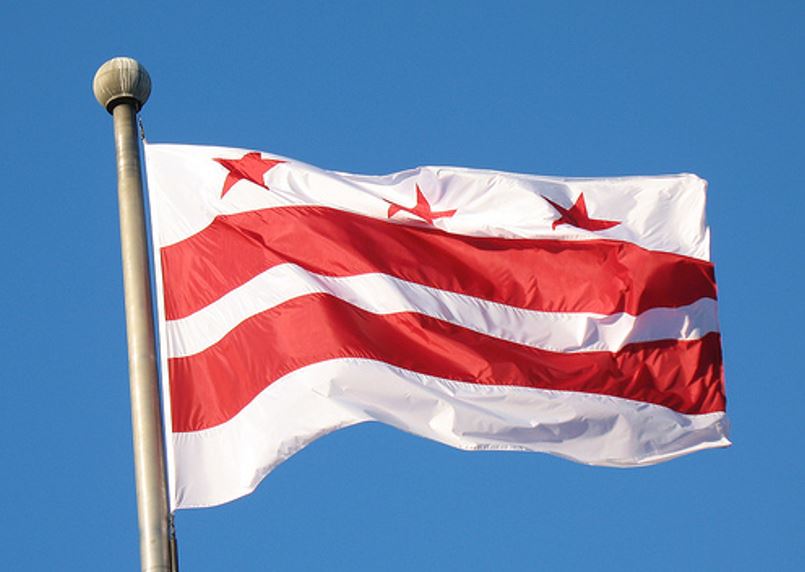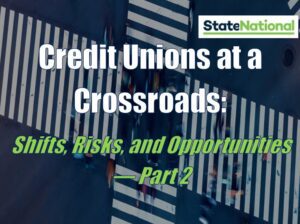
Like many states, the District of Columbia Council has unanimously passed emergency legislation limiting debt collection activity during, and for 60 days following, the COVID-19 pandemic. Strikingly similar to the Massachusetts actions taken on March 27th, this legislation affects all areas of collections activity and communications with the exception of real estate related collections activity
The new emergency legislation, which also contains a vast number of other provisions affecting many areas of city operations, placed debt collection between funeral services and carry out and delivery, amends the District of Colombia’s debt collections statute and imposes limits on the ability of debt collectors and creditors in their efforts to collect on non-mortgage debt as well as communication with consumers. Aside from real-estate secured loans, the legislation applies to the collection all debts, secured and un-secured.
“(2) During a public health emergency and for 60 days after its conclusion, no creditor or debt collector shall, with respect to any debt:
“(A) Initiate, file, or threaten to file any new collection lawsuit;
“(B) Initiate, threaten to initiate, or act upon any statutory remedy for the garnishment, seizure, attachment, or withholding of wages, earnings, property, or funds for the payment of a debt to a creditor;
“(C) Initiate, threaten to initiate, or act upon any statutory remedy for the repossession of any vehicle, provided that creditors or debt collectors may accept collateral that is voluntarily surrendered; or
“(D) Visit or threaten to visit the household of a debtor at any time;
“(E) Visit or threaten to visit the place of employment of a debtor at any time for the purpose of collecting a debt; or
“(F) Confront or communicate in person with a debtor regarding the collection of a debt in any public place at any time.
“(3) This subsection shall not apply to collecting or attempting to collect a debt that is, or is alleged to be, owed on a loan secured by a mortgage on real property.
“(m)(1) During a public health emergency and for 60 days after its conclusion, no debt collector shall initiate any communication with any debtor via any written or electronic communication, including email or text message, or telephone, provided that a debt collector shall not be deemed to have initiated a communication with a debtor if the communication by the debt collector is in response to a request made by the debtor for said communication.
“(2) This subsection shall not apply to communications initiated solely for the purpose of informing a debtor of a rescheduled court appearance date or discussing a mutually convenient date for a rescheduled court appearance;
The similarity between this legislation and the aforementioned Massachusetts actions, illuminates a “boiler plate” state level solution that we may expect to see in greater adoption in the coming days and weeks nationwide. While the sentiment of such actions is understandable under the current crisis, how far these will be extended or expanded upon in the future creates precedence that may dramatically impact the lending and collections world for years to come.










